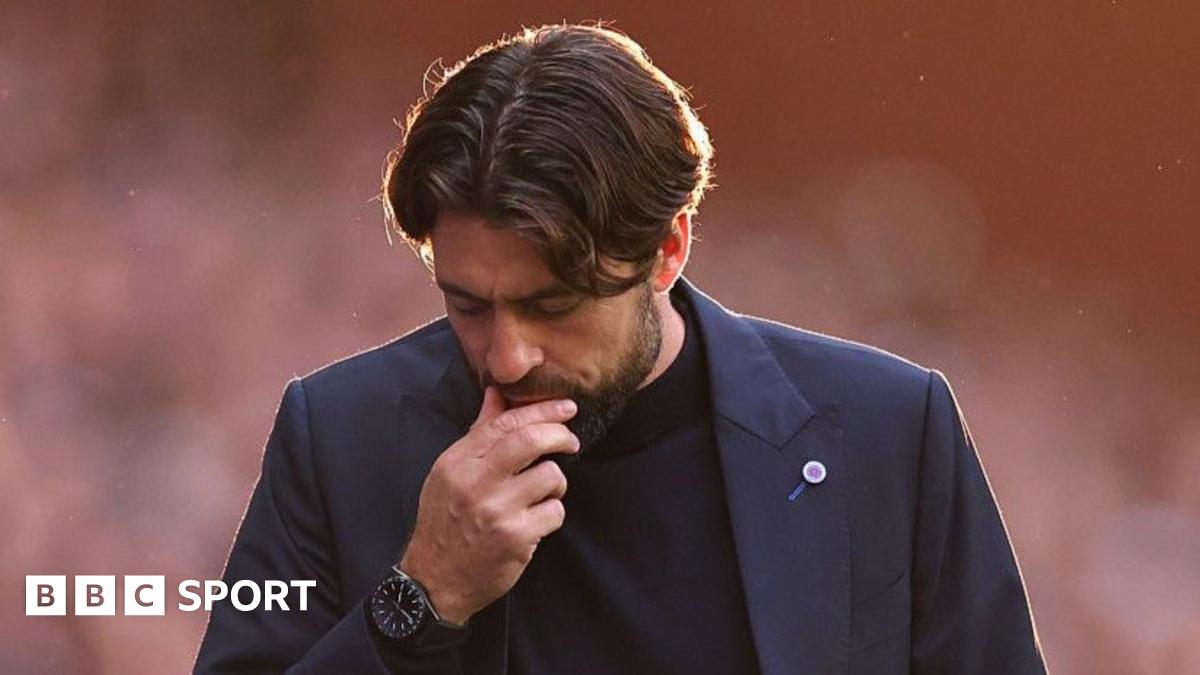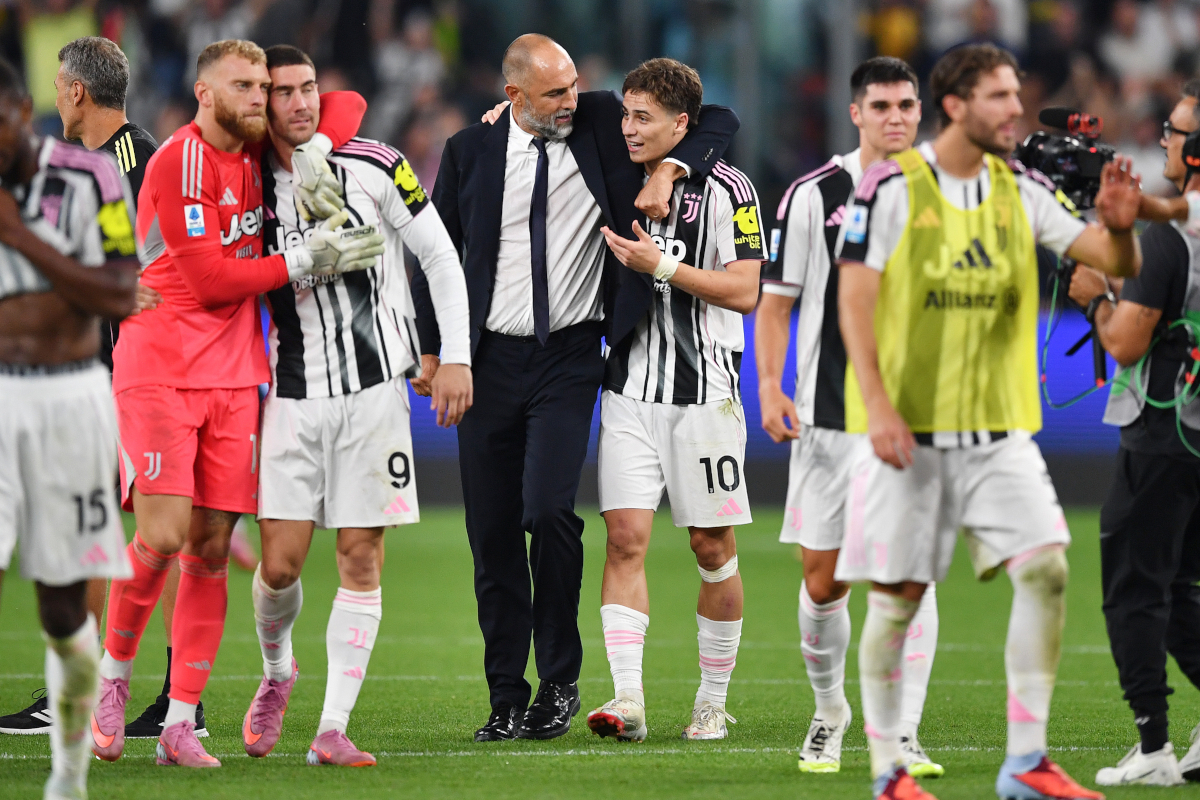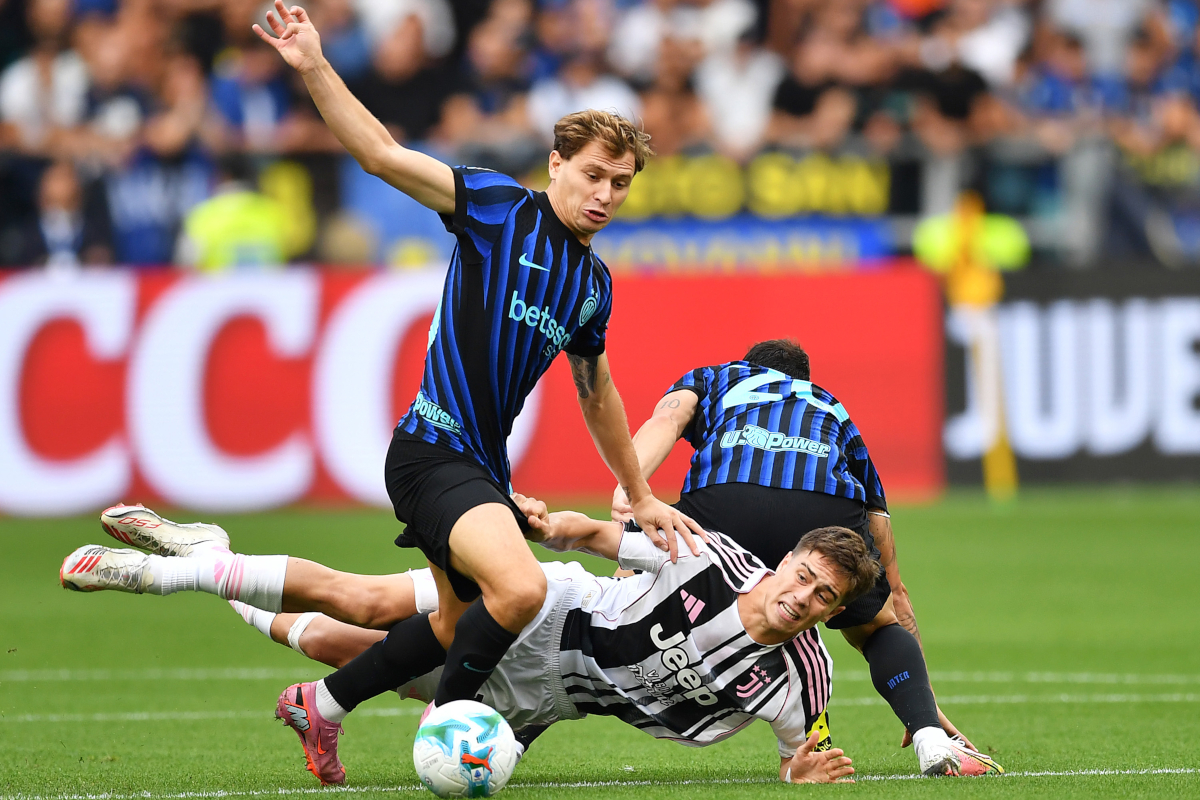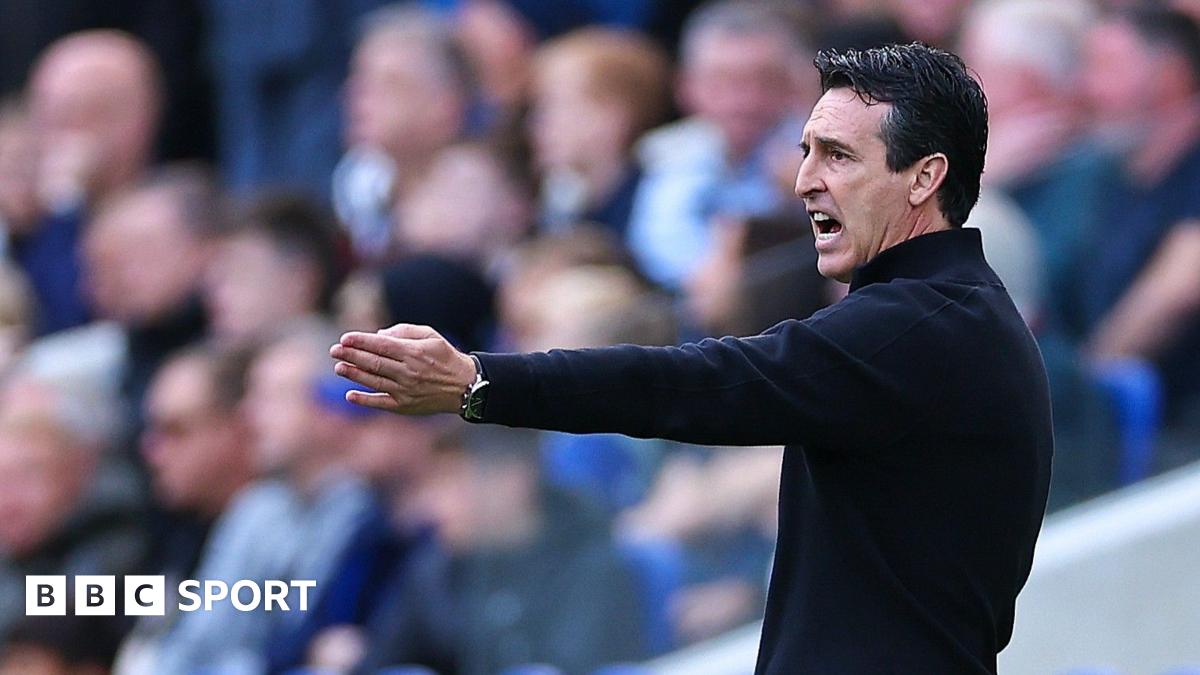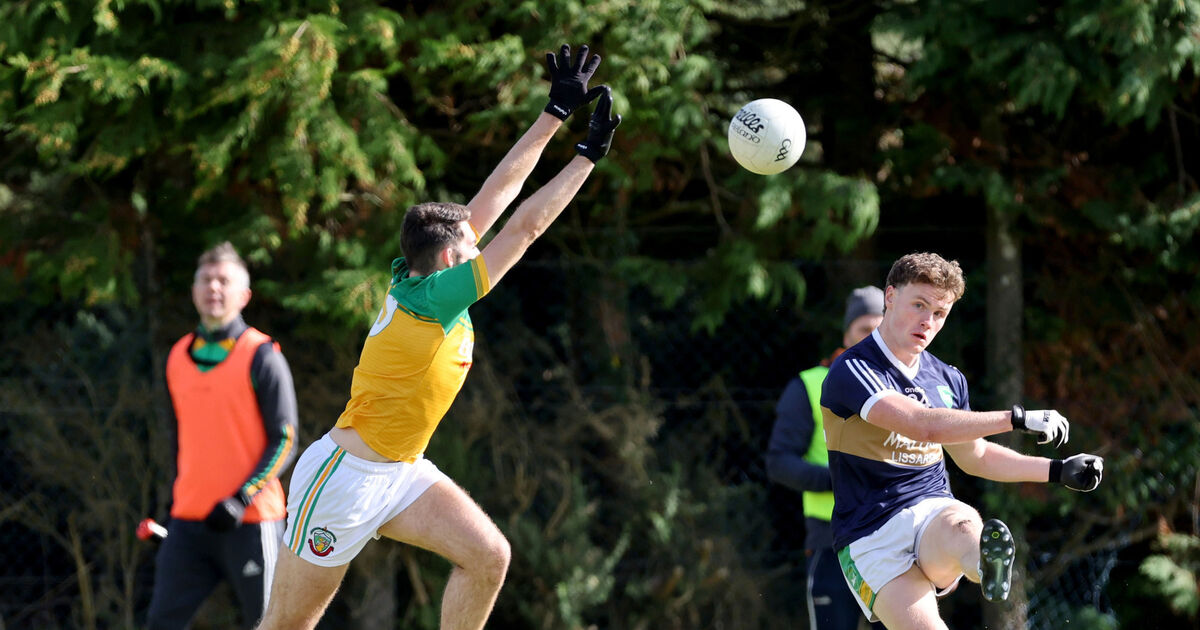Liverpool and FSG co-owner finalising all-star £500m deal with Man United takeover parallels

Gerry Cardinale, one of the biggest shareholders in Liverpool ownership group FSG, is on the verge of completing a major investment deal that poses questions for football finance and the Premier League.Cardinale founded RedBird Capital, a private equity behemoth whose individual stake in FSG is second only to those held by Liverpool principal owner John Henry and president Mike Gordon respectively.RedBird also owns AC Milan, where their leadership has been fiercely criticised of late, as well as Toulouse.Despite Cardinale’s extensive financial interests in football, he is perhaps the loudest voice in the game at present insisting that sports teams are overpriced – a bubble which, one day, will go pop.Does he include RedBird’s outpost at Anfield in that analysis? FSG paid £300m to buy Liverpool in 2010 but, if you subscribe to the likes of Forbes or KPMG’s Football Benchmark, are now worth close to £4bn.When the order came from Boston to put Liverpool up for sale in 2022, they may well have had ulterior motives. TBR Football sources reflecting on that bombshell announcement suggest that Fenway may have been ‘stress-testing’ their valuation of the club.In the end, they sold a small minority stake to Dynasty Equity which valued the club at around £4.2bn. In so doing, they welcomed another private equity firm to the extended FSG family.There are now dozens of investors in the Fenway Sports Group web, potentially with commercial benefits for the reigning Premier League champions.And two new deals agreed by RedBird Capital show the level of influence that Liverpool have behind them.FSG investors RedBird Capital complete two huge media dealsRedBird have around £9bn worth of assets under management, with their indirect equity stake in Liverpool via Henry and the rest of the FSG among their most prominent.But arguably their most high-profile deal was completed earlier this year, when RedBird facilitated the merger of two leading US entertainment brands, SkyDance and Paramount.The new entity is valued at around £21bn and was until recently a Premier League rightsholder, owning the licence to air the competition up until the end of Liverpool’s title-winning season in 2024-25.Now, RedBird are on the cusp of securing a new deal to acquire British newspaper The Telegraph. Last week, the private equity firm submitted their £500m bid for regulatory approval.If given the green light, the deal will see RedBird take control of The Telegraph, having previously owned it in a joint venture with IMI, the United Arab Emirates’ sovereign wealth vehicle presided over by Manchester City owner Sheikh Mansour.As part of the proposed deal, IMI will retain a minority stake, while the arrangement will also see Len Blavatnik – the owner of DAZN, a major disruptor in the sports media landscape – invest in the outlet.Incidentally, RedBird have also seen off competition from Eldridge Industries, owned by Chelsea chairman and co-investor Todd Boehly.Exclusive expert analysis: What RedBird’s media expertise can do for LiverpoolLiverpool, who remain top of the league ahead of their trip to newly-promoted Burnley on Sunday, are positioning themselves as a global entertainment brand as much as a football team.And with formal links to the media that covers them, it raises interesting questions about how the two industries intersect.Historically, Manchester United’s proposed takeover by Rupert Murdoch, who was once the ultimate owner of Premier League broadcaster Sky Sports, was blocked by the UK Government in 1999 because of a perceived conflict of interest.More recently, Aston Villa are now part-owned by Atairos, a private equity firm whose main investor is Comcast, who in turn now own Sky Sports.Neither Villa’s links to the broadcaster nor Liverpool’s to any other section of the press have rung any regulatory alarm bells, but they are emblematic of an increasingly tight Venn diagram between Premier League clubs and the ownership of the media.“It’s very much a positive for Liverpool to have his knowledge and contacts in their network,” Kieran Maguire, football finance lecturer at Liverpool University, exclusively tells TBR Football.“Gerry Cardinale is clearly very, very industrious as an entrepreneur and has big ideas in sport and in media alike.“He is one step removed from Liverpool in terms of day-to-day operations, but he has his investment in FSG and will be part of a wider sphere of ideas and influence throughout the network.“I think RedBird’s relationship with Liverpool, their other investments and now their new links in the media industry is a classic example of an umbrella approach.“Media and sport obviously have a symbiotic relationship. Having a flagship club like Liverpool connected to a newspaper – albeit one like The Telegraph, who you wouldn’t ordinarily associate with the club – can only be to the benefit of both parties.“There are synergies there. That might not be direct benefits, but it can help you define your media strategy, and it opens new opportunities and new relationships.”

